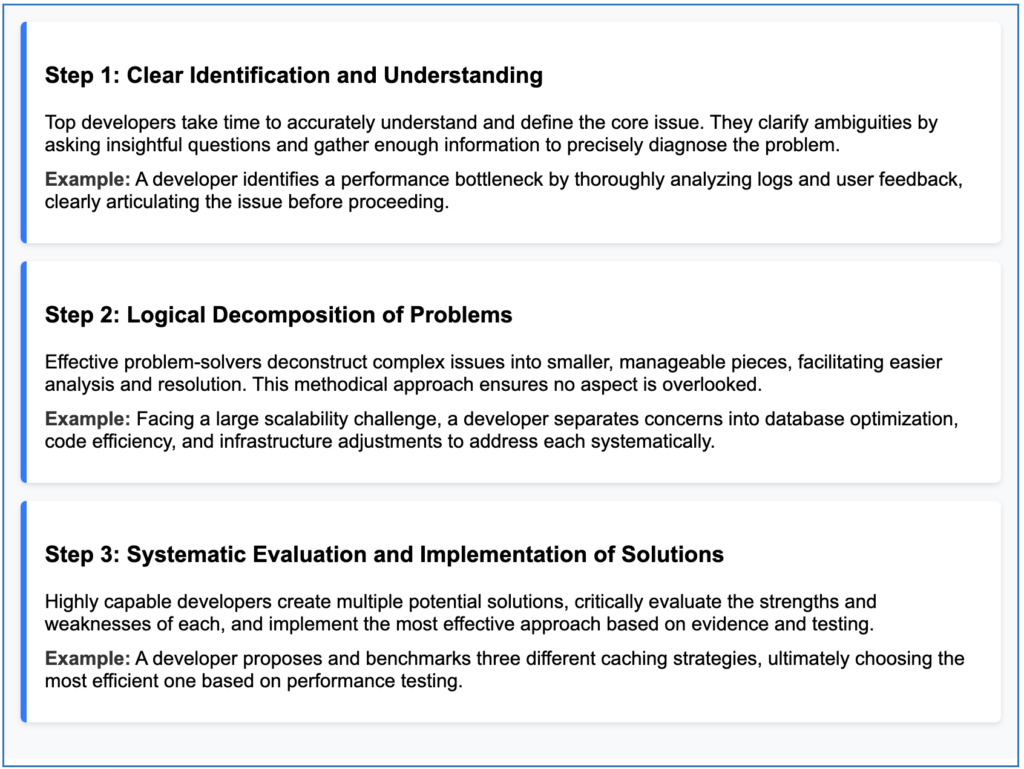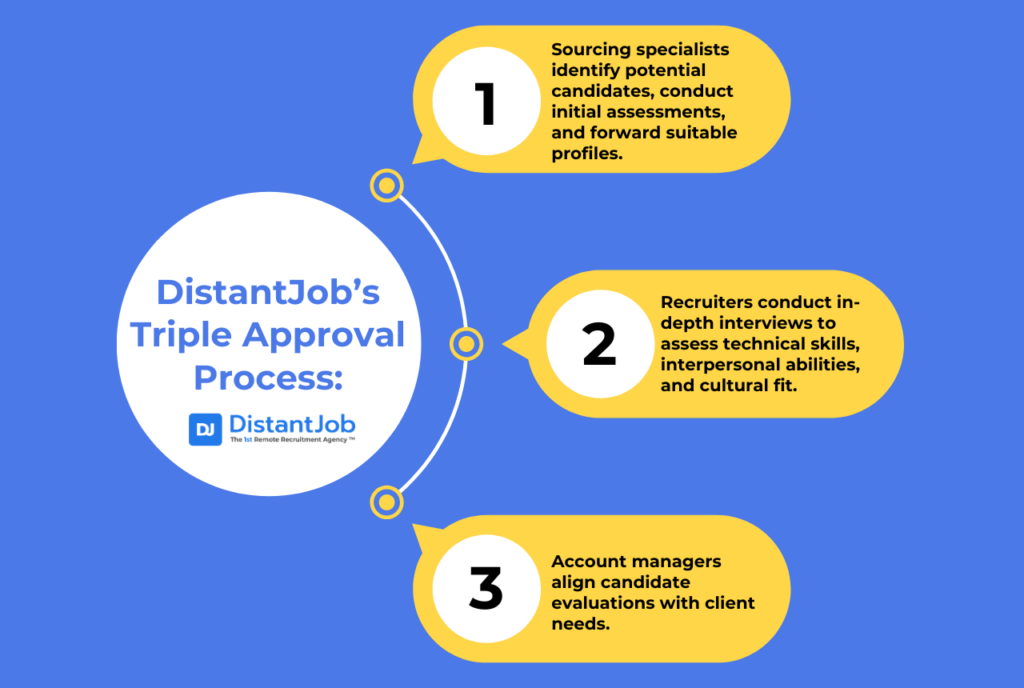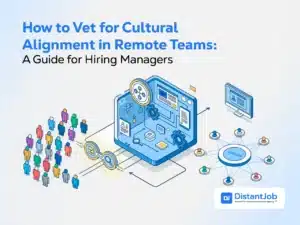Problem-solving might sound like a buzzword, but it’s everything in tech—and especially in software development. It’s the ability to spot an issue, break it down into its root causes, and craft a clear, effective solution. And while anyone can learn to code, not everyone can debug a crashing app under pressure, juggle edge cases, and still deliver on time. That’s where true problem-solving shines.
So, what does this skill really look like in a developer? Think less “syntax memorization” and more “system thinker who anticipates and adapts.” Whether it’s dealing with UX flaws, legacy hardware constraints (yes, your app has to run on both the x386 and the Titan Pro X), endless bug squashing, or managing scalability under load—developers are constantly asked to solve problems that don’t come with instructions.
And it’s not just about code. Deadlines, unclear feedback, team collaboration, stakeholder expectations—these are all puzzles waiting to be solved. In fact, according to HackerRank’s Developer Skills Report 2023, 91% of employers rank problem-solving as the most critical skill when hiring developers, ahead of even language-specific expertise.
So how do you identify this superpower in a candidate? What does great problem-solving look like in action—and how can you build a team that doesn’t just write code, but thinks through every challenge with clarity and creativity? Let’s break it down.
How to Spot the Problem-Solving Skills in a Candidate
A good problem solver has several complementary skills that enhance their ability to deal with challenges effectively. You need to discern those skills to assess the quality of your developer with these techniques:

You will notice that many of the skills of the developer are not related to his intellect or brain power. A programmer needs strong interpersonal skills to communicate to the stakeholders everything about the project (like features in the program or obstacles during the development). Let`s not forget that the best problem-solvers do not solve their problems alone. Even Brain used to have Pinky around, although you may want your developer to have better social skills than him.
Check on your candidate the following key skills:
| Skill | Why It’s Important |
| Teamwork | Collaboration, feedback handling, and active listening improve problem-solving. |
| Communication | Essential for explaining technical solutions to different stakeholders. |
| Brainstorming | Encourages creative thinking and better technical solutions. |
| Analysis | Strategy, evaluate metrics, identify problems and potential solutions |
| Parallel Thinking | Multitasking, boost execution, improve productivity, time saving |
| Decomposition | Breaking tasks into smaller tasks |
| Debugging | Identifying and solving bugs, glitches, and errors |
| Test and Validation | Test different solutions and approaches to validate the best path |
| Creativity | When the available solutions are not enough, the developer must create one from scratch |
In addition to these skills, a willingness to learn is essential to staying current with technological advances. The ability to quickly learn and adapt to new technologies and tools is crucial in the ever-evolving technology industry.
In short, a good problem solver knows how to solve problems in a group, together with the team and the stakeholders.
I know it is obvious. I just had to explain what problem-solving entails in programming. A dev not only possesses strong analytical and technical skills but demonstrates creativity as well. The developer also has critical thinking, excellent communication and collaboration skills, and an open mindset to learn and adapt. Identifying these skills is key to knowing if your developer has strong problem-solving skills or if he or she lacks them.
How to assess the problem-solving skills of a programmer
To assess a developer’s problem-solving skills during the hiring process, you need four simple strategies that worked well for us in the last 10 years of recruiting hundreds of developers for our clients:
1. Review of previous work and projects
At this step, you will analyze portfolios, GitHub repositories, Stack Overflow participation, and contributions to open source projects. This can provide valuable insight into a developer’s coding style, the complexity of projects they can tackle, and their problem-solving mindset.
It seems like tons of work, but it allows you to assess your candidate’s code organization, documentation, and consistency in coding practices. Participation in Stack Overflow can demonstrate technical knowledge and communication skills. Involvement in open source projects can indicate the ability to tackle a variety of coding challenges and collaborate in a community-driven environment.
2. Be a Dungeon Master and Ask the Right Questions
Yes, be like a Dungeon Master and not an interrogator or an interviewer. You will encourage a bit of roleplaying. Scenario-based exercises can show how the candidate applies their problem-solving skills to practical situations.
You will conduct the interviews with behavioral questions, presenting the developers with real-world problems (“what would you do if…”). It will help you to assess how your candidates would approach and solve these challenges in your business.
These questions can reveal how the candidate has handled past situations related to teamwork, conflict, and their approach to problem-solving. Examples of questions include: describing a time when they overcame a challenge with team dynamics, how they managed a high-pressure task, or how they independently fixed a bug.
Of course, that is assuming that you know coding well enough to develop these questions.
3. Offer Your Candidates A Real Challenge
Coding challenges are a practical way to assess a developer’s ability to find the best possible solution to a given problem.
Platforms like HackerRank, Codility, or LeetCode can be used to create custom coding tasks.
Examples of challenges include:
- algorithm optimization,
- feature development,
- debugging exercises,
- system design.
Live coding sessions provide a real-time look at a candidate’s thought process, showing how they approach problems, make decisions, and adapt under pressure. Pair programming, where the candidate works with a company software engineer, can assess teamwork skills as the candidate thinks, writes, reads, tests, and debugs code in real time.
In other words, just test the developers’ skills and measure both their proficiency and teamwork capabilities.
4. Comprehensive assessments of interpersonal skills and cultural fit
Assessing soft skills is vital to a developer’s overall assessment. Questions focused on effective communication, teamwork, willingness to learn, and deadline estimation can provide insight into these skills.
Additionally, assessing a developer’s alignment with the company’s culture, vision, and work environment can lead to greater workplace harmony and improved collaboration.
In short, companies can hire exceptional senior developers with a strong problem-solving mindset if they implement a comprehensive assessment process.
Chef’s Secret: Triple Approval Process for Problem Solving Evaluation
If you ask me, I don’t think it is enough to evaluate a candidate’s skills alone. While that is very important, my secret ingredient for hiring a senior developer is a method that I developed with my team. We call it the Triple Approval Process.

DistantJob’s “Triple Approval Process” is a three-step procedure our company uses to ensure the quality of candidates presented to clients. The main goal of this process is to save the client time by performing rigorous vetting of candidates.
The process involves the following steps:
The first step is for sourcing specialists to select profiles that may match the client’s needs and contact them. After an initial assessment, successful candidates are forwarded to the recruitment team.
Recruiters then evaluate and confirm whether candidates continue in the process. Those who qualify are interviewed for an hour, where technical and interpersonal skills are assessed, with cultural fit being crucial. Candidates who pass this interview are sent to Account Managers.
This is the final stage, in which account managers are in constant contact with the client from the very beginning. They are the first to understand the client’s needs and the last to evaluate candidates against those requirements. They review the scores and evaluations of both earlier teams. If they find the candidates worthy, they share the evaluation summary and resume with the client.
This intensive process ensures that only one or two candidates are approved per week from a large number of profiles reviewed. We invest time and energy into this process so that our clients don’t have to. 60% of its clients hire after the first resume is submitted and 80% after the second because of this process. Additionally, we spend an extra hour vetting candidates already qualified within this process to minimize the client’s time spent.
And that is how sausage gets made.
Yes, it is time-consuming and tons of work. But if you want to assess you have the very best problem-solving developer, here is how you do it.
There is an easier option, and you know what I am talking about. You can get rid of all the work and just get the remote developer of your dreams. I will do the hard stuff for you.
Contact me now, and we will find the best fit for your company and your project!





